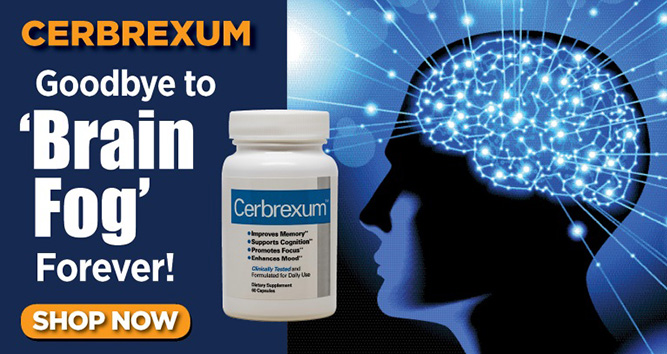[Printable Version of This Page]
Science Revises Its Brain Training Message Again
![[Image 1]](/rhp/images/library/146/chess.webp)
In science, nothing is ever final. Brain training is still under investigation.
Several studies between 2010 and 2013 reported to our joy that doing crossword puzzles might delay mental aging and preserve memory and cognitive function. Maybe even hold back the onset of Alzheimer's disease.
That proved less than gospel. Next came “scientific brain training” exercises.
Companies like Luminosity attracted thousands of paying subscribers who did daily exercises. And then the doubters came. Luminosity ended up paying a $2 million fine for false advertising. Later, a large-scale study showed that games of the sort online training companies were touting didn't work.
Still, the feeling remains that “use it or lose it” must have some truth to it. We all had classmates who weren't mental giants in high school, didn't get any sharper as they aged, and seemed old before their time.
We also know people who stay interested and interesting all their lives. The proverbial grandmother who is sharp as a tack, the elderly professor who misses nothing...
Our instincts may have a basis. A new paper in the British Journal of Medicine explains why people who don't work their brains overly hard seem to go downhill faster while the curious and mentally active remain alert much longer.
Playing problem-solving games and learning new things help people stay mentally sharp longer. In effect, they are a sort of insurance policy on mental acuity. In the words of the study's lead researcher, Dr. Roger Staff:
"These results indicate that engagement in problem-solving does not protect an individual from decline, but imparts a higher starting point from which decline is observed and offsets the point at which impairment becomes significant."
No doubt, there will be more scientific research on this topic ahead. But for now, your instincts are right. Using your brain is good for your brain.
In fact, there are activities that have proved even better than solving crosswords or Sudoku puzzles.
Try learning another language. In a group of Alzheimer's patients, scientist Ellen Bialystok at the University of York found that those who were bilingual experienced the onset of Alzheimer's about four years later than patients who never learned a second language. Another study on 648 patients in India found that learning a second language delayed Alzheimer's by 4.5 years.
The patients in these studies had been bilingual since childhood. But Thomas Bak, who led the Indian study, thinks that learning a second language later in life may have the same benefits. Researchers at Lund University in Sweden found that learning a language when older actually led to brain improvements. They took MRI's that proved it.
And if crosswords, Sudoku, and a second language aren't your thing—try music.
Because the other activity that is especially good for brain health is learning a musical instrument. If you always saw yourself as a rock guitar star, or sedately strumming a heavenly harp, you have a good excuse to get started.


![[Guarantee]](https://scripts.renownhealthproducts.com/rhp/images/money-back-guarantee.webp)
![[Renown Health Products: Proudly Providing Superior Grade Supplements Since 2002]](https://scripts.renownhealthproducts.com/rhp/images/rhpmain/design2/seal-285-240.webp)




